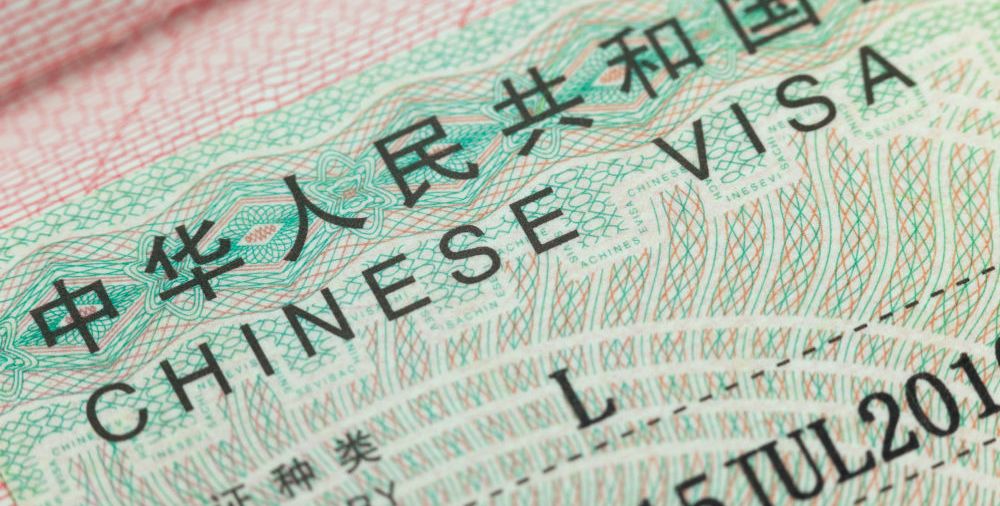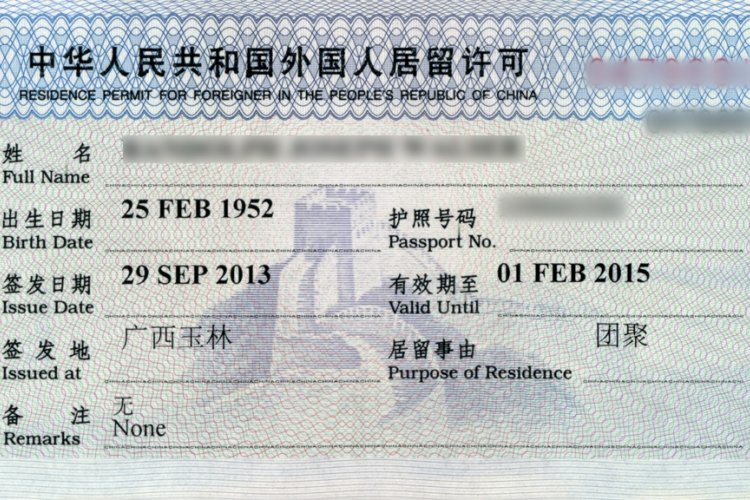Government Streamlines Visa Applications for Foreign Talent in China
The National Immigration Administration recently announced that new changes to visa policy starting Aug 1 will streamline the visa application process for foreign talent seeking employment in China. These measures include 12 new policies targeting immigration and entry-exit policies, relaxing requirements when applying for permanent residency, long-term visas and residence permits.
The new policies can be broadly sorted into four categories: expanding eligibility, relaxing existing requirements, providing further assistance in immigration processing, and providing new pathways to apply. These expanded policies aim to broadly promote economic development by encouraging innovation and business creation, as well as retaining recent graduates.
Expanding eligibility: these policies will add three new types of candidate that is eligible for an expedited work visa or permanent residence.
- Highly skilled professionals who can support national aims may apply for an expedited work visa. Foreign spouses and children are also able to apply under this category.
- High-earning, long-term residents now have preferential treatment when applying for permanent residence. Specifically, this applies to foreign workers who: 1) have spent four consecutive years in China (for no less than six months out of each year); 2) earned at least six times above the average regional wage; 3) pay income taxes of more than 20 percent of standard incomes.
- Highly skilled professionals of Chinese descent i.e. ethnically Chinese foreign citizens with either 1) a doctoral degree or 2) working in key development areas for more than four consecutive years may apply for permanent residence.
Relaxing requirements for visas and permits: in addition to increasing the number of eligible candidates, new policies will also widen the scope of long-term visa and residency permits in four key ways:
- Extending benefits for foreign experts and scholars. Those invited by prominent higher education institutions and research institutes are able to apply for a port visa at the Public Security Bureau and may extend that visa into a residence permit for less than five years upon arrival.
- Expanding benefits to startups. Workers at start-ups in key industries may apply for a residence permit of up to 5 years at the Entry-Exit bureau providing they submit a work permit, a letter of reference, and supporting materials.
- Expanding the reference system. Foreigners who are already approved for meeting state development aims may recommend other foreign workers to apply for long-term visas.
- Extending work permits. Foreign workers employed by Chinese enterprises and public institutions may extend their work permits using their existing work permit and supporting documents. Workers who have held a work permit for two consecutive years may apply for a work residence permit valid for a period of five years.
Expanding the definition of foreign talent: new regulations expand the scope of what is defined as "foreign talent." The new definition includes working in higher education or enterprises working to support entrepreneurship and innovation. Preferential treatment is given to recent graduates (especially from internationally renowned institutions) and those interning in China.
The final element of policy adjustments mandates establishing immigration service centers in areas with large foreign populations. These are intended to provide a range of services including language instruction, legal assistance, and administrative support.
READ: Everything You Need to Know About Sponsoring Your Own Visa
Image: airmule.com







